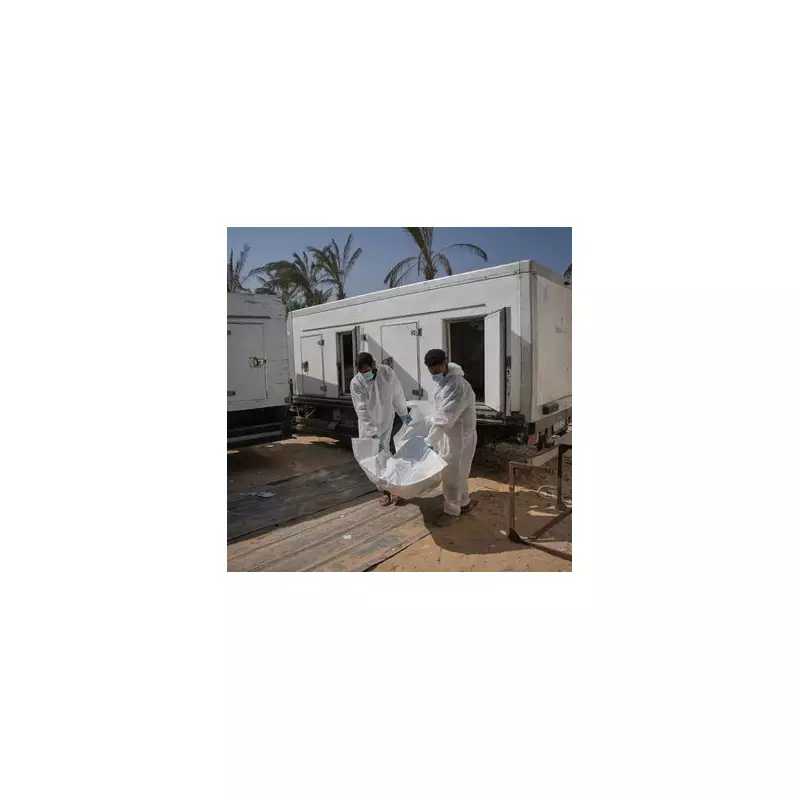
A fragile temporary ceasefire has taken hold in Gaza, marking the first significant pause in seven weeks of intense conflict between Israel and Hamas. The four-day humanitarian truce began at 7am local time on Friday, bringing immediate relief to the war-ravaged territory.
Prisoner Exchange Underway
The carefully negotiated agreement has seen the first exchanges take place, with Hamas releasing 24 hostages in exchange for 39 Palestinian prisoners held in Israeli jails. Among those freed were 13 Israeli citizens, 10 Thai nationals, and one Filipino citizen.
This initial exchange represents just the beginning of a phased process that could see up to 50 Israeli hostages and 150 Palestinian prisoners released over the coming days.
Humanitarian Corridors Open
The ceasefire has allowed desperately needed aid to begin flowing into Gaza, where the population has faced catastrophic conditions. Dozens of trucks carrying essential supplies including food, water, medicine, and fuel have entered through the Rafah crossing from Egypt.
United Nations agencies report this marks the largest aid convoy to reach northern Gaza since the conflict erupted on October 7th. The pause in hostilities is enabling aid workers to distribute supplies that could mean the difference between life and death for many civilians.
Regional Diplomacy at Work
The breakthrough follows weeks of intensive mediation led by Qatar, with support from Egypt and the United States. Qatari officials have confirmed they're working to extend the initial four-day truce, hoping to build momentum toward a more lasting peace.
However, both sides remain on high alert, with the Israel Defense Forces maintaining their positions while warning that military operations will resume immediately if Hamas violates the agreement.
Cautious Hope Amid Destruction
For Gaza's 2.3 million residents, the ceasefire offers a brief respite from the constant bombardment that has destroyed entire neighborhoods and displaced over a million people. The pause allows families to venture out to assess damage, locate missing relatives, and access basic services.
Yet the underlying tensions remain unresolved, and the window for diplomacy is narrow. The international community watches closely, hoping this fragile truce might evolve into something more permanent.





